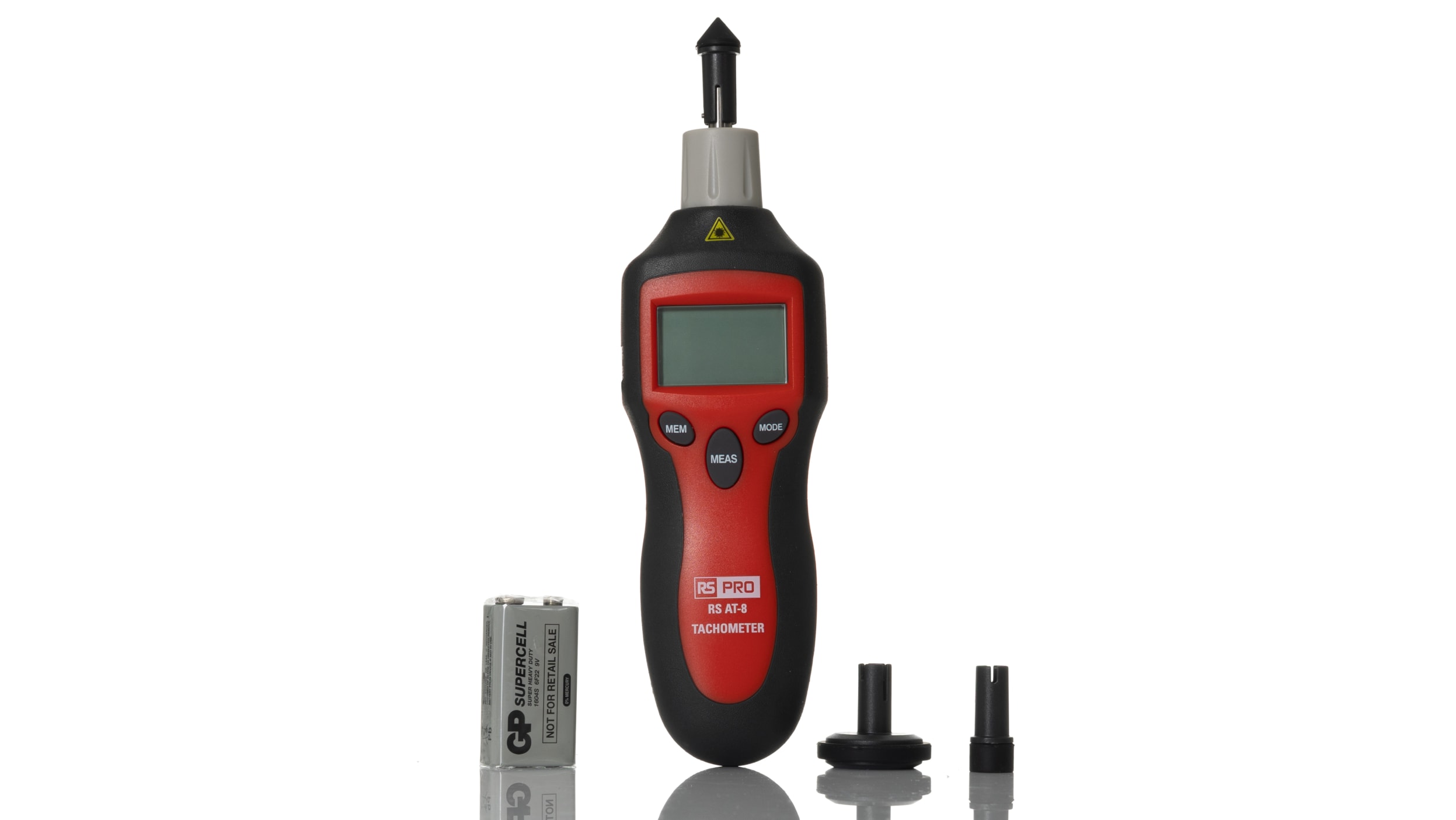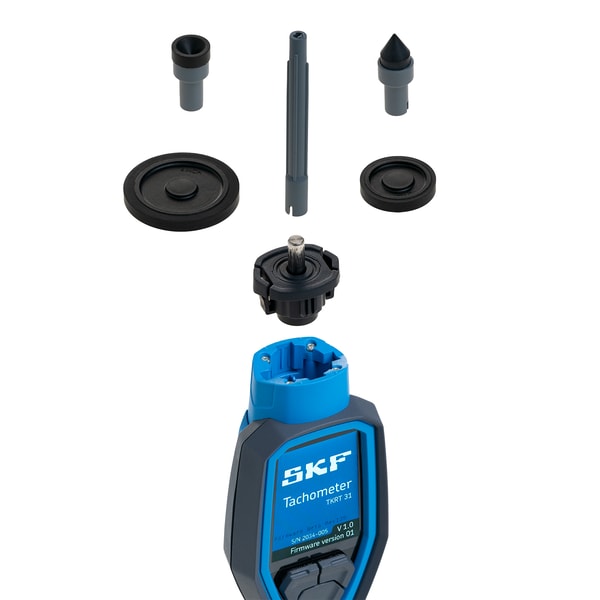Leading Reasons That Every Vehicle Driver Needs a High-Quality Tachometer
Leading Reasons That Every Vehicle Driver Needs a High-Quality Tachometer
Blog Article
The Relevance of a Tachometer in Keeping Track Of Engine Rate and Performance in Automotive Applications
In the world of auto engineering, the tachometer stands as a critical instrument in the motorist's collection, giving a straight home window right into the internal workings of a vehicle's engine. Beyond its function as a mere gauge of transformations per minute (RPM), the tachometer serves as a critical device for fanatics and specialists alike, supplying real-time understandings right into engine efficiency and wellness.
Relevance of Checking Engine RPM
Checking engine RPM, or changes per min, is an essential aspect of automobile maintenance and performance evaluation. Engine RPM straight associates with the rate at which the engine's crankshaft turns, indicating how quickly the engine is running - tachometer. By checking RPM, auto mechanics can evaluate the health of the engine, spot potential concerns, and fine-tune efficiency. An irregular RPM reading may signify issues such as engine misfires, defective spark plugs, or concerns with the gas shipment system. Consistently high RPM analyses might indicate hostile driving routines or the need for a greater gear shift to boost fuel performance.
Furthermore, keeping an eye on engine RPM is crucial for performance examination in auto racing and high-performance vehicles. In summary, keeping an eye on engine RPM is not just vital for discovering concerns yet also for enhancing engine efficiency in numerous auto applications.

Advantages of Real-Time Data
In automotive applications, real-time data plays a vital duty in giving instantaneous understandings right into the performance and condition of the car. By constantly keeping an eye on different specifications such as engine speed, temperature, fuel usage, and much more, real-time data provides various benefits that contribute to improved effectiveness and security on the road.
In addition, real-time data facilitates efficiency optimization by offering prompt comments on driving behaviors and engine effectiveness. Drivers can readjust their behavior in real-time based on this details to accomplish far better fuel economic situation and extend the life-span of their car.

Additionally, real-time data plays a crucial role in modern-day automobile diagnostics, making it possible for specialists to promptly identify and address malfunctions. This brings about minimized downtime, reduced maintenance costs, and eventually, boosted total automobile integrity and durability (tachometer). By taking advantage of the power of real-time information, automobile stakeholders can make informed choices that positively affect both the efficiency and longevity of the car
Influence on Equipment Shifts
The tachometer plays a vital duty in maximizing equipment changes by giving real-time engine speed data to the chauffeur. When coming close to the redline on the tachometer, it indicates the motorist to upshift to more protect against Check Out Your URL over-revving the engine and causing potential damages.
Moreover, the tachometer aids in achieving smoother gear transitions, particularly in hand-operated transmissions. By keeping track of engine speed, chauffeurs can perform gear changes at the optimum RPM variety, decreasing jerking motions and decreasing endure the transmission elements. This precision on duty adjustments not only enhances driving convenience yet likewise adds to sustain performance.
Enhancing Fuel Efficiency
Given the critical duty the tachometer plays in enhancing gear shifts for efficiency and engine health and wellness, it directly adds to taking full advantage of fuel performance in vehicle applications. By offering real-time feedback on engine rate, the tachometer helps drivers in keeping one of the most effective RPM range for gas economic climate. When chauffeurs continually check the tachometer and change their motoring routines accordingly, they can prevent unnecessary gas usage created by over-revving or carrying the engine.
Furthermore, the tachometer aids vehicle drivers determine one of the most fuel-efficient gear to be in at any kind go to my blog of provided moment, avoiding the engine from working more challenging than essential. This is especially vital throughout acceleration and cruising, where being in the appropriate gear can significantly affect gas performance. Additionally, the tachometer can signal drivers to prospective mechanical concerns that could be negatively impacting gas economic situation, such as a slipping clutch or a blocked air filter. Finally, the tachometer functions as a valuable tool in improving gas performance by advertising optimum driving habits and identifying areas for enhancement in the automobile's efficiency.

Maximizing Engine Durability
The tachometer's role in keeping an eye on engine speed and efficiency is instrumental in making certain the longevity of auto engines. Keeping track of the tachometer permits chauffeurs to remain within the suggested RPM array for their car, protecting against unnecessary stress on the engine and expanding its life expectancy.

Verdict
To conclude, the tachometer plays an important duty in keeping an eye on engine speed and efficiency in automotive applications. By giving real-time data on RPM, it permits effective equipment shifts, boosted fuel performance, and optimized engine longevity. This device is important for keeping optimal engine efficiency and ensuring the general capability of a car.
Report this page